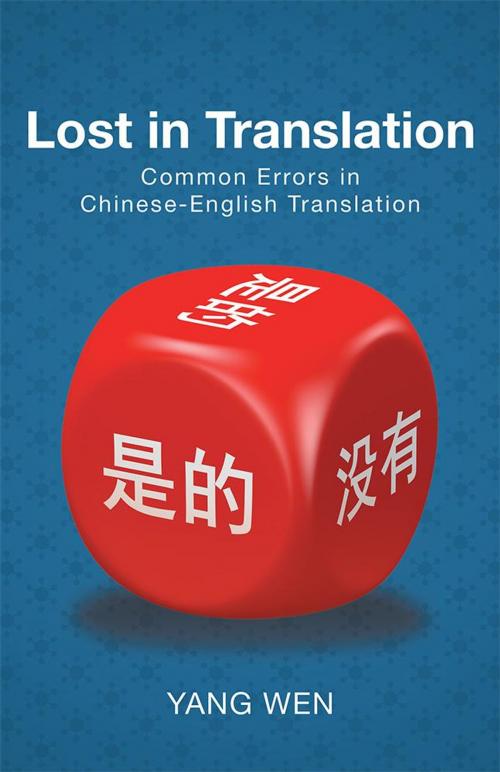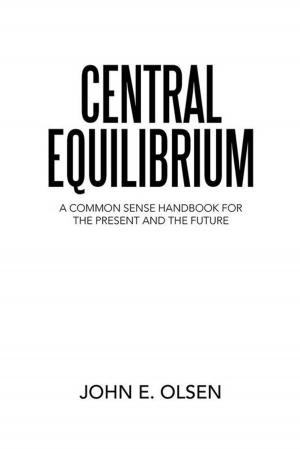Lost in Translation
Common Errors in Chinese-English Translation
Nonfiction, Reference & Language, Foreign Languages, Reference| Author: | Yang Wen | ISBN: | 9781489708984 |
| Publisher: | LifeRich Publishing | Publication: | August 17, 2016 |
| Imprint: | LifeRich Publishing | Language: | English |
| Author: | Yang Wen |
| ISBN: | 9781489708984 |
| Publisher: | LifeRich Publishing |
| Publication: | August 17, 2016 |
| Imprint: | LifeRich Publishing |
| Language: | English |
Steer away from awkward, embarrassing Chinese-English translation, word by word, expression by expression, and situation by situation, with this handy guidebook. Whether youre making a presentation, trying to write a resume that will stand out, preparing for an interview or simply trying to make small talk, youll learn how Chinese and English are similar and different and how to smoothly move from one language to the other. For instance, ???? automatically translates: I want noodles. Subject-verb-object everything is in the matching order, a dream situation for a linguist. Some rules, however, are so Chinese that no English equivalents can be found, such as those ever present four-word phrases, figurative expressions, and many more. In most cases, mirror imaging these styles in English translation will only confuse people. This guidebook also explores how to choose between following Chinese rules, which will convey every element but sound awkward, and following English rules, which may flow smoothly but not translate everything. Find the right words for the right time and put them in the right place and prevent your message from being in Translation.
Steer away from awkward, embarrassing Chinese-English translation, word by word, expression by expression, and situation by situation, with this handy guidebook. Whether youre making a presentation, trying to write a resume that will stand out, preparing for an interview or simply trying to make small talk, youll learn how Chinese and English are similar and different and how to smoothly move from one language to the other. For instance, ???? automatically translates: I want noodles. Subject-verb-object everything is in the matching order, a dream situation for a linguist. Some rules, however, are so Chinese that no English equivalents can be found, such as those ever present four-word phrases, figurative expressions, and many more. In most cases, mirror imaging these styles in English translation will only confuse people. This guidebook also explores how to choose between following Chinese rules, which will convey every element but sound awkward, and following English rules, which may flow smoothly but not translate everything. Find the right words for the right time and put them in the right place and prevent your message from being in Translation.















